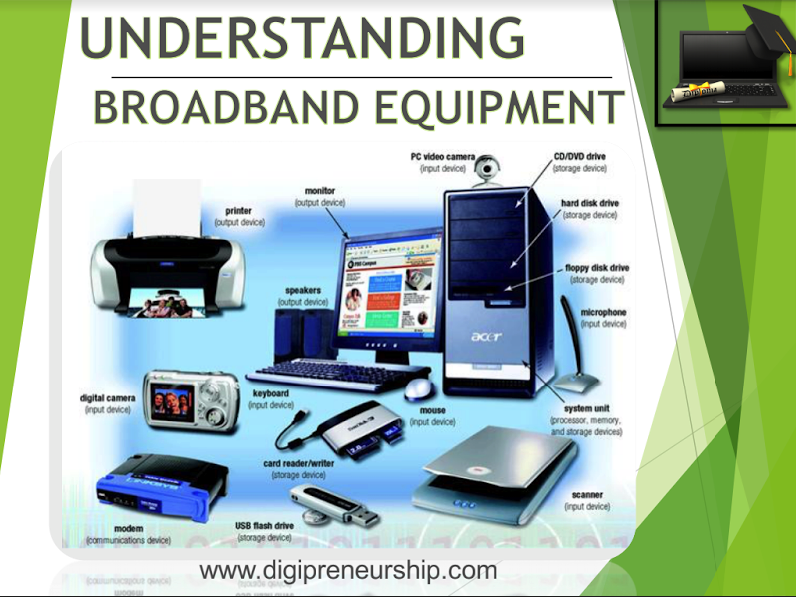In 2010;when we first launched the Digipreneurship Internet Safety and Digital Literacy Series at Fresh Ministries’ Beaver Street Enterprise in Jacksonville, Florida it was apparent that more adults over 50 would need hands-on and remote learning support to effectively engage with friends, safely shop online, conduct everyday business, When attempting to find relevant information for online banking and medical assistance it was important for seniors particularly to remain connected, entertained and active through the use of technology. During this critical time of cyber security, we understand the extreme importance of internet safety for youth, adults and seniors to exercise caution at all times on their smartphones, lap or desktop.
None of us are exempt from Internet scams, but unfortunately, many scammers specifically target senior citizens. Senior citizens are often at an increased risk for Internet scams and fraud due to a variety of unique vulnerabilities, particularly in low-income neighborhoods.
Over the years we have partnered with many of the world’s leading tech brands to meet the challenge of the broadband gap head-to-head, including Sprint, Best Buy, Habitat for Humanity, The Figgers Foundation, and so many more. Post-Covid the risk for seniors over 50 years of age who rely on smart devices and smart TVs have increased significantly, So much so that we recently applied to partner with AARP to help launch a new Tech Smart initiative aimed at online safety for seniors over 50 with the launch of Senior Planet Community — a social platform built by and for older adults.
Other Key Internet Safety Tips for Seniors:
- Don’t trust a link sent to you by someone you do not know, and DO NOT click on it.
- Never trust an email asking for account information or credit card information.
- If a deal is too good to be true, IT IS NOT TRUE!
- Never send money to another country, state, or a stranger.
- The best scams warn of fraud and offer to help save you from fraud. If you are concerned your computer, email, or online account has been compromised reach out to someone you find that is reputable – don’t trust someone who reaches out to you.
- If you did not enter the lottery or a sweepstake than you did not win a lottery or sweepstakes. Do not believe that if you give a little money to claim your prize you will get a lot of money back – true lottery winners do not need to pay anything up front to claim their winnings.




